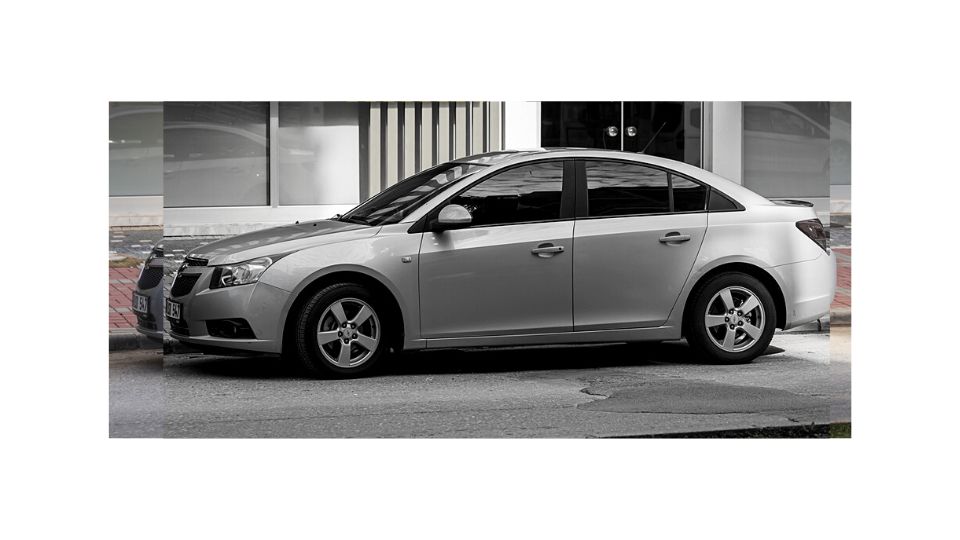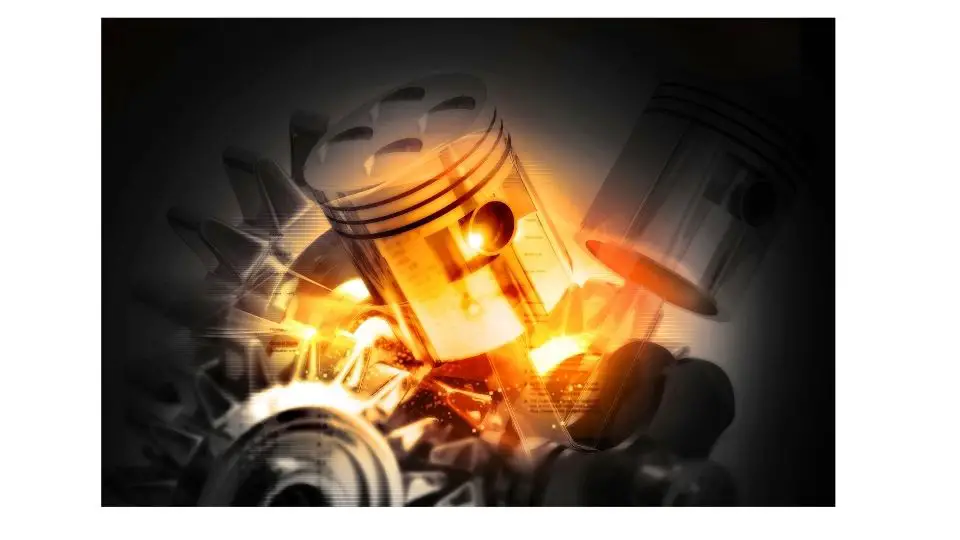If your Chevrolet Cruze doesn’t have power when you push on the gas pedal it can be a frightening experience. This issue is not just limited to the 1.4L turbo model. The car may seem to run fine, but for some reason, you notice that when you try to accelerate at a faster speed, say from 35 to 50 mph, there is no power and the car just continues to coast along. You try increasing your foot pressure on the gas pedal but the car still displays limited power.
Let’s take a look at what could be causing this issue and how you can fix it immediately.
What Causes a Chevy Cruze to Lose Power when Accelarating?
Bad Mass Air Flow Sensor (MAF) Sensor
The mass air flow sensor (MAF) on any vehicle is an important part of the overall fueling and emissions system because it measures the amount of air being drawn into the engine during intake cycles and uses this information to calculate how much fuel should be injected into the cylinders during combustion cycles.
Because this sensor is so crucial to proper engine operation, it’s worth checking first if your Cruze starts losing power when you accelerate hard. If there are no visual signs that anything has gone wrong with your MAF sensor (such as cracks or tears in the wiring harness), then replacing it could solve your problem once and for all!
Failing Fuel Pump
Another possible cause of your Chevy Cruze losing power is failing fuel pump. The fuel pump keeps fuel flowing through the engine so that it can keep running even after you’ve stopped pressing the accelerator pedal.
It does this by creating pressure inside the fuel lines that forces gas from the tank into your vehicle’s cylinders where it mixes with air and ignites to create combustion that powers your vehicle down the road. If this system stops working properly then you’ll lose acceleration as well as have difficulty starting up again once you stop pushing down on.
Dirty Injectors:
Contamination of the fuel system can cause the engine to lose power, but it doesn’t happen all at once. The fuel system is made up of many components that work together to supply your engine with a steady supply of clean fuel.
When any one component becomes contaminated or fails, it affects the performance of the entire system. This is especially true for fuel injectors, which are small nozzles inside your engine that spray pressurized fuel into your engine’s cylinders at precisely timed intervals during each combustion cycle.
Bad spark plugs:
Spark plugs provide the spark that ignites your fuel and air mixture in each cylinder during ignition. If your spark plugs are old and worn out, they may not be able to create enough voltage to ignite the compressed gases inside the cylinder. It’s important to replace worn-out spark plugs as soon as possible because they can lead to misfires and difficult cold-starting conditions in some engines
Bad Coil Packs:
Coil packs are an electrical component found on some vehicles that send high voltage from the battery through a chain of coils to produce a spark inside each cylinder during ignition (see this article for more information on how coil packs work).
A bad coil pack will prevent the spark from being produced, which can lead to misfires and difficult cold-starting conditions. If your car has coil packs, it’s important to replace them as soon as they start causing problems because they’re expensive and difficult to repair.
Clogged air filter:
The air filter is the first thing to check if your car starts losing power when accelerating. A clogged air filter will restrict the amount of air that is allowed into your engine, causing it to lose power as a result. The good news is that this is an easy fix, and all you need to do is replace the old filter with a new one.
Bad throttle body:
If your car is still losing power after replacing the air filter, then it may be due to a dirty throttle body. The throttle body controls how much fuel enters the engine at any given time based on how much pressure you put on your pedal.
Therefore, if it isn’t working properly, it can lead to serious issues like poor acceleration and loss of power while driving down the road. You’ll need to have this checked out by a professional so they can determine what’s wrong and make sure it’s fixed before anything else goes wrong with your car!
Conclusion
If you’re having problems with your chevy cruze losing power, it’s important to have a professional check it out as soon as possible. The above list contains some of the most common issues that cause this problem, so if you notice any of these symptoms while driving then be sure to get them checked out ASAP!

Tomas is a retired Chevy Auto Technician that brings decades of hands-on experience and expertise to the table. He’s also a father to two incredible daughters. He enjoys using his knowledge and experience to help you solve and find reliable information on Chevrolet vehicles. Whether it’s troubleshooting engine problems or providing tips for maintenance, Thomas is committed to helping Chevy owners keep their vehicles running smoothly and safely.




